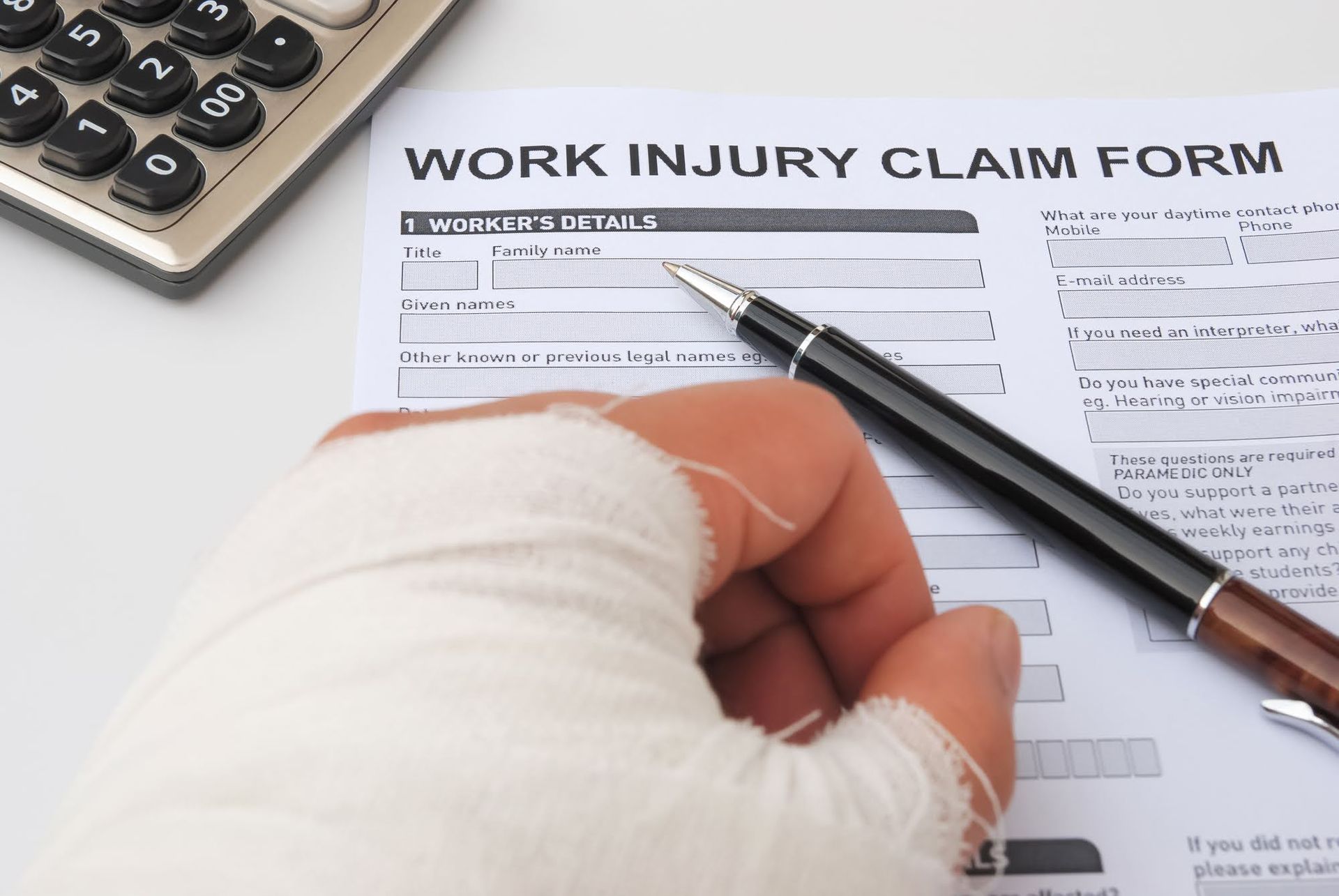Address: 1201 East Street Parkville, Missouri 64152
Toll Free:
Call Us Now:
Getting Workers' Comp if Injured While Medicated at Work

Workplace injuries are unfortunately all too common occurrences. But what happens if you're injured at work while under the influence of medication? Will this impact your ability to receive workers' compensation benefits? Can medication prescribed to you be held at fault for your workplace injury and result in a claim denial? In this article, we will explore the nuances of workers' compensation in such situations.
What Does Workers' Compensation Provide?
Having access to workers' compensation when you're unable to work due to an injury can bring great reassurance to you. Workers' compensation is a form of insurance that provides wage replacement and medical benefits to employees who are injured while performing their job duties. This coverage is designed to protect both the employer and the employee in case of workplace accidents or injuries and is available in many industries.
Can You Be Denied Workers' Comp if You're Medicated When You Get Injured?
This is a tricky scenario that a professional workers' compensation attorney can assist you with, especially if your workplace injury and claim are being denied due to medication use. Being under the influence of medication at the time of a workplace injury does not automatically disqualify you from receiving workers' compensation benefits. However, if your employer can prove that your medication impaired your judgment or contributed to the accident, they may try to deny your claim. It's essential to disclose any medications you are taking to your employer, along with your doctor's notes, and seek legal advice to navigate this situation effectively.
Can a Preexisting Medical Condition Cancel Out Workers' Compensation?
Having a preexisting medical condition does not necessarily cancel out your eligibility for workers' compensation benefits. If your work-related injury worsens a preexisting condition or aggravates it, you may still be entitled to receive benefits. It's crucial to provide thorough documentation and medical evidence to support your claim in such cases.
What Are Signs You Should Hire an Attorney to Assist You With Workers' Compensation?
If you encounter any of the following situations, it may be wise to seek legal representation for your workers' compensation claim:
- Your claim is denied without a valid reason.
- Your employer disputes the extent or severity of your injury.
- Your employer tries to blame your medication for the accident.
- You face challenges in receiving proper medical treatment or disability benefits.
Can Your Employer Deny Your Workers' Comp Claim Without Cause?
Employers cannot deny workers' compensation claims without a valid reason and should be transparent about their filings regarding your claim. If your employer disputes your claim, they must provide evidence to support their decision. In cases where there is a disagreement over the circumstances of the injury or the extent of coverage, an attorney can help protect your rights and ensure you receive the benefits you are entitled to.
How Do You Prove Your Medication Did Not Cause Your Workplace Injury?
Proving that your medication did not cause your workplace injury can be challenging but is essential for securing workers' compensation benefits. To support your claim, you may need to provide:
- Medical records showing that your medication was prescribed and taken as directed.
- Testimony from healthcare providers confirming that the medication did not impair your ability to work safely.
- Witness statements or surveillance footage demonstrating that the accident was caused by factors unrelated to medication.
Being injured at work while you are medicated does not automatically disqualify you from receiving workers' compensation benefits. By understanding your rights, seeking legal guidance when needed, and providing thorough documentation, you can navigate the claims process effectively and secure the support you need during challenging times. Call our legal team at Spooner & Perkins, P.C. today.

CONTACT INFORMATION
Email:
Phone:
Toll Free:










